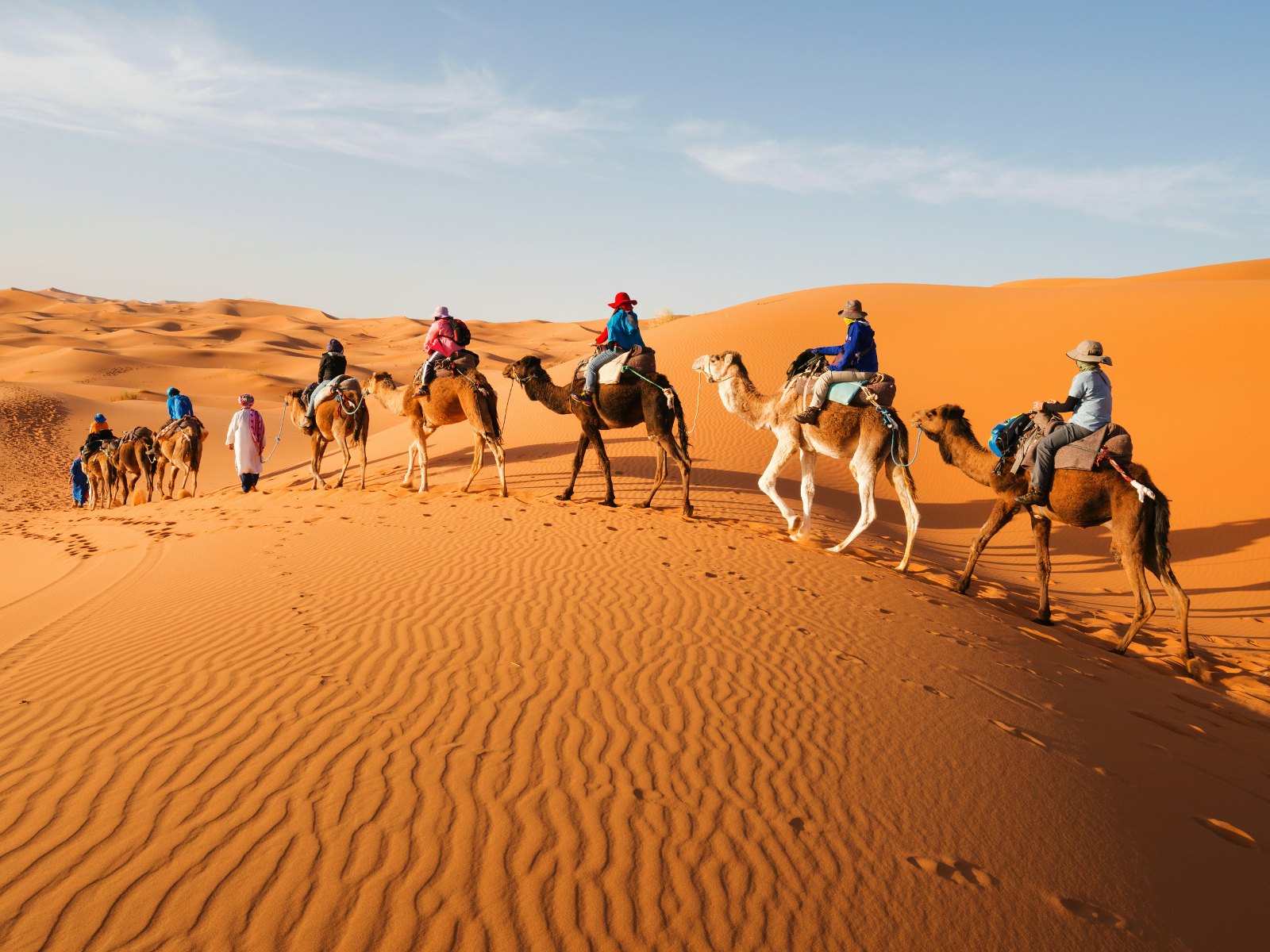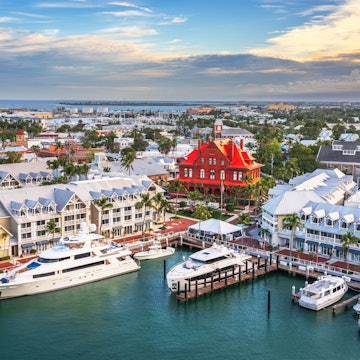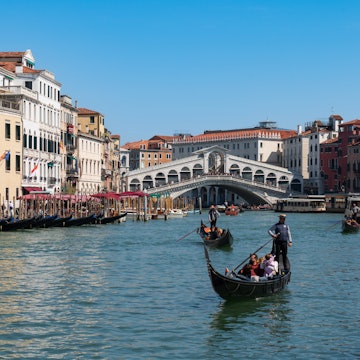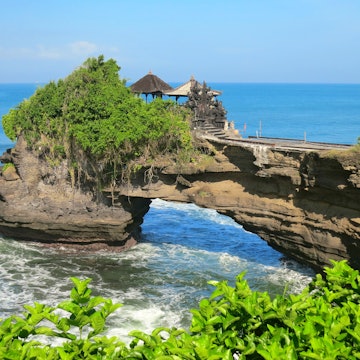

The ‘Big Trip’ has long been a rite of passage, but for many budding travellers – even those blessed with the bravado of youth – the thought of months on the road can be enough to make you unpack your bags and retire to the couch.
In sickness and health, for richer or poorer, travel has its ups and downs, but the right mindset can weather all storms. Here we call on various schools of philosophy to ease our most common anxieties about that epic stint on the road.

Loneliness… is a temporary state
Face the reality: you will get homesick. You will miss your friends and your family (well, some of them), even your cat and your local coffee . But according to existentialists such as Jean-Paul Sartre, loneliness is part of being human, so you aren't really that alone after all. Yet loneliness is different to active solitude, which can refresh, rejuvenate and reinspire creativity, so why not get off the grid to somewhere like Bhutan or the Kimberley?
Excessive use of social media can exacerbate loneliness on the road as you’re never here or there; instead make fixed times to talk with the people back home and make those interactions count. Consider staying in a hostel with an active social scene. Or even keep a daily schedule, so you have a sense of achievement and order at the end of each day. You could also base yourself in one place for a few weeks to engage in volunteer work or join a sporting club – anything to help you feel part of a purposeful community.

Sickness… can happen anywhere
The naturalist position on biology holds that sickness is a kind of mechanical deficiency. Maurice Merleau-Ponty argues that forced convalescence 'reduces your phenomenal field', so that when bedridden you experience only what you can see and hear (and smell) around you. But rather than thinking of this as inhibiting your adventures, you could use that bout of tummy trouble in Bali or Delhi as time to reflect on all the amazing stuff you've been through on your journey – and all the not-so-amazing stuff that has been through you.
Still, getting sick is never the preferred path. Obvious precautions include investing in decent travel insurance, filtering your water, avoiding dodgy food and snappy dogs, wearing insect repellent and heeding local advice – but in the end your body will let you know it's travelling, so listen to it. Be mindful not to buy into too much negative hysteria about foreign medical services. You can find some world-class doctors in surprising corners of the world, often at a fraction of the cost of home. When you arrive in a new place, it can be helpful to identify how best to access medical services, and most developed cities will have plenty of English-speaking doctors to assist you.

Safety… is a risk assessment
The Bayesian ideal of rationality says that all statements about the world should have a definite probability attached. For example: ‘air travel is x times safer than car travel’ and 'Switzerland is y times safer for travellers than South Africa' (unless you ski). Extend this logic to help you make a slew of safety-first decisions. Sleeper trains in less-developed regions can be notorious for theft, so take precautions with your belongings. Skirt that dark alley for the slightly longer, well-lit route back to your hotel or hostel. Geopolitical 'hotspots' do not mean places that are 'in' right now. And know your seasons, especially in the tropics where the wet season can kill a decent perm.
Much of risk assessment comes in the planning stages. Consult your government’s own travel advice and start your journey in relatively safe destinations to get your bearings. As your appetite for risk increases, also increase your due diligence. Having ‘done’ Singapore doesn’t mean you’re necessarily ready to hike an active volcano.

Financial security… is a prison
Henry Thoreau was one of many who praised the virtues of thriftiness and frugality. In essence, the mantra of the contemporary anti-consumerist movement is 'don't buy, do'. You've likely saved for this trip by committing to do stuff, rather than have stuff. Apply a similar logic when on the road. Figure out a weekly budget so you don't become a bore, but be realistic about the price of fish. Don't travel the Trans-Siberian Railway on $5 a day just because your uncle did. That was 1985, when Back to the Future was a box office smash and the whole world dreamed of hoverboards.
Practice keeping a budget for a month or so before you leave, so you get a better handle on the ins and outs – including itemising your expenses at the end of each day and allowing for unexpected costs. Another way to overcome the money hurdle is to keep some cash under the mattress (or in a bank account) for when you return home. Arriving home with your finances firmly in the red may overshadow the wonderful adventure you’ve just had. You could also pick up a few dollars along the way through a working-holiday visa or by legitimate cash-in-hand work, depending, of course, on each country’s labour laws.

FOMO… is all in your head
A product of the digital age, FOMO (Fear of Missing Out) is essentially an anxiety about how we spend our time compared to others. Socrates' famous maxim ‘know thyself’ is a handy general rule to help deal with FOMO. Perhaps a more practical strategy is to detox from social media, but even that's far easier said than done, especially as travel affords so much downtime perfectly suited for mindlessly scrolling.
Still, you can at least curtail your usage, especially a few weeks either side of your heavily documented farewell. And don't worry, you won't be short of a social event once you commit wholeheartedly to the GBWOT (Great Big World Out There), especially if that world is the dance floors of Ibiza or Miami. Snap! Do spare a thought for the stay-at-home suckers, though – FOMO is much stronger for those left behind.

Life plan? Let go!
Our Zen friends wax lyrical about the perils of 'future tripping', of prematurely anticipating and subsequently overthinking the imagined future. Your propensity to plan your life out in great detail means you are by default avoiding the present – and in the present lies the truth. If you’re worried that that hot internship, apprenticeship or potential courtship may be sailing from your reach while you drift around the globe, then try spilling the wind from your sails and slow down. Much like Thich Nhat Hahn implores from his meditation retreat in southwestern France: 'walk as if you are kissing the Earth with your feet'. Because before you know it, you’ll be back on home soil!













